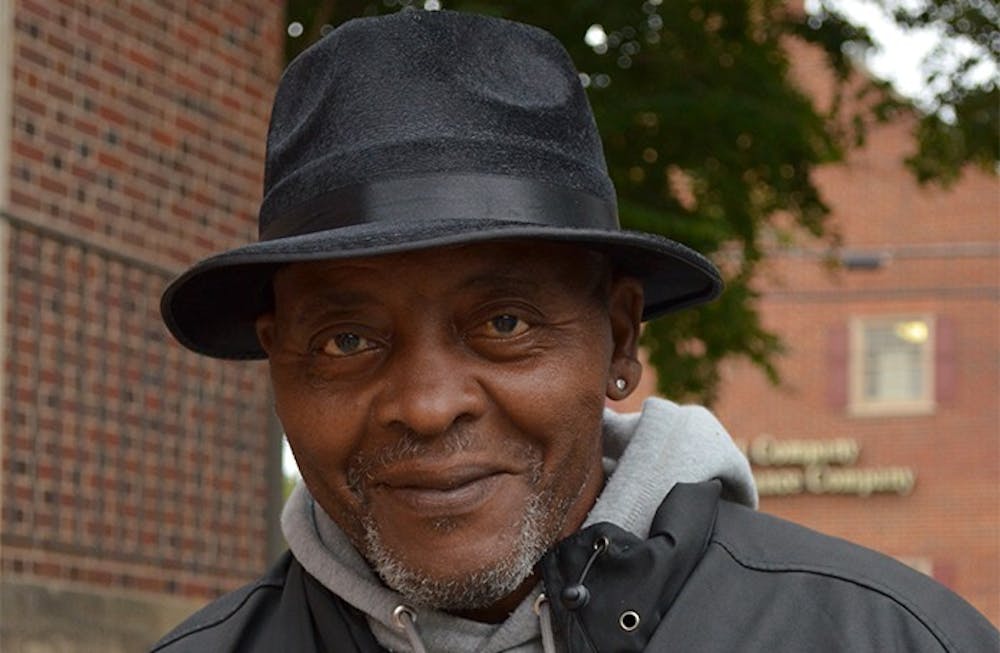For now, David Prince spends some nights staying at the Inter-Faith Council’s emergency shelter — but one day he hopes to be a volunteer.
Prince, a homeless man in Chapel Hill, said he used to turn up his nose at homeless shelters.
The Inter-Faith Council — which combats homelessness, poverty and hunger in Chapel Hill and Carrboro — will close the county’s only 24-hour emergency men’s shelter and replace it with a transitional shelter providing longer-term services by 2015.
“Once you get in, you find out that it’s difficult and people ought not to down people in shelters,” Prince said. “If you spend a week here, you find out the difference between turning your nose up and living here. I hope to come back and volunteer one day.”
The council’s executive director, John Dorward, said the transitional shelter is intended to provide homeless men with a more stable environment to help them move back to independent living.
“We’re trying to give men a long enough period of time to be able to work through whatever problems brought them to being homeless in the first place,” Dorward said.
Right now, homeless men can come at any time and stay at the emergency shelter on the corner of Rosemary and North Columbia streets.
Men who wish to stay in the next shelter on a regular basis will need to apply or be referred to the transitional program by the county’s Department of Social Services.
There will be 52 transitional beds for men in the program and 17 emergency beds for inclement weather or other temporary services.



